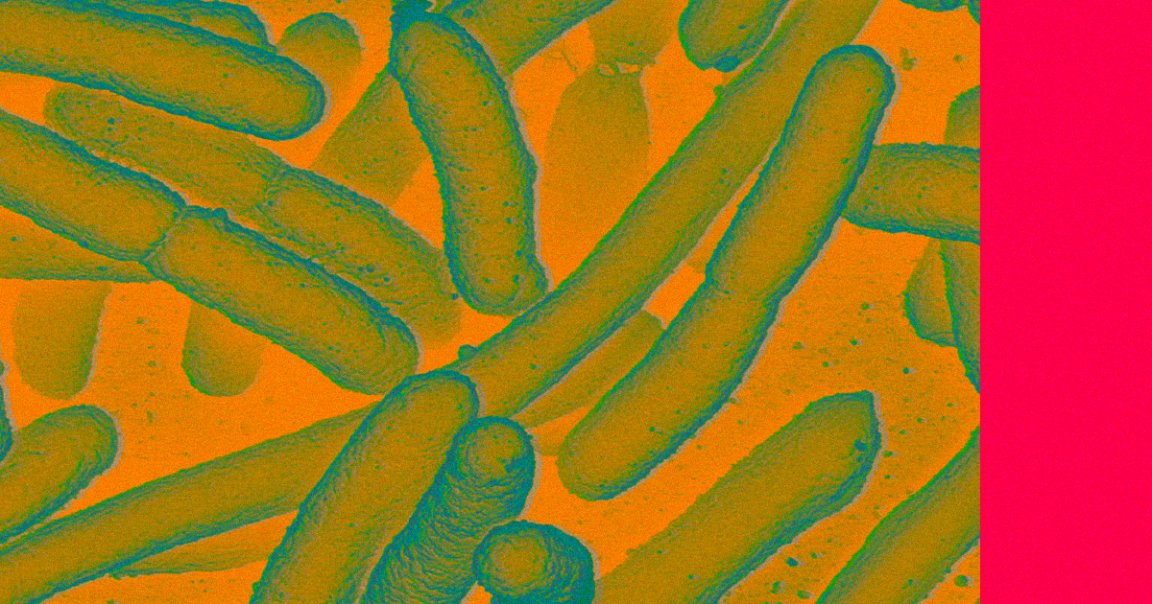
Bacteria Farms
Scientists have figured out how to genetically alter bacteria to churn out super-strong spider silk.
Pound for pound, spider silk is much stronger than steel, but farming spiders is incredibly inefficient, according to a press release — so finding a way to mass produce the material could lead to super-strong fabrics and perhaps even next-generation space suits.
Genetic Trickery
Put enough spiders as you’d need to farm silk together, and they tend to eat each other. Edit the gene for spider silk production into bacteria as is — now a common manufacturing process — and it gets rejected.
“In nature, there are a lot of protein-based materials that have amazing mechanical properties, but the supply of these materials is very often limited,” lead researcher Fuzhong Zhang from Washington University in St. Louis said in the press release. “My lab is interested in engineering microbes so that we can not only produce these materials, but make them even better.”
To get around those limitations, the scientists chopped up the spider silk genes into smaller pieces that re-assembled once they had been integrated into the bacterial genome, in research set to be presented Tuesday at the American Chemical Society national Spring 2019 meeting.
Space Spiders
With their new methodology, the scientists managed to manufacture two grams of spider silk — just as strong as silk that actually came from a spider — for each liter of gene-spliced bacteria. That’s not all that much silk for an unsettling amount of bacteria, but the press release reports that it’s a vast improvement over other attempts to mass produce silk.
If this research scales up, though, NASA may want to bring the bacteria along on future missions to space, giving crew members a new supply of materials for repairs.
READ MORE: Bacterial factories could manufacture high-performance proteins for space missions [American Chemical Society newsroom via Phys.org]
More on bacteria: Scientists Gene-Edited Tequila Bacteria to Make Cannabinoids